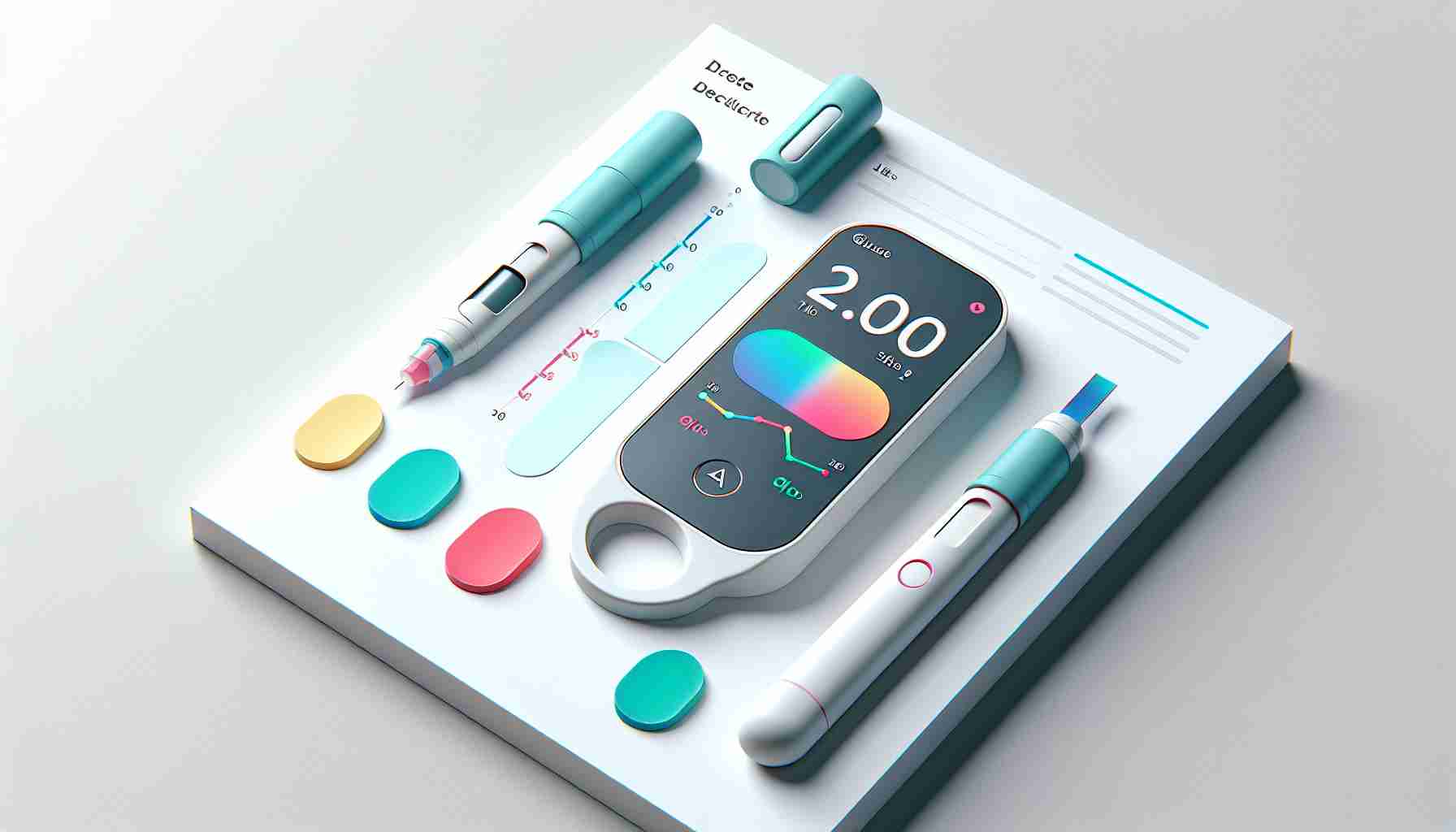Researchers from the Indian Institute of Technology (IIT) Jodhpur have developed an innovative paper-based device that can detect glucose levels and provide quick results through a smartphone. The device utilizes a lab-based functionalized biodegradable paper, which changes color based on the amount of glucose present.
Unlike previous paper-based devices, this new invention does not require specific light conditions to function. The researchers incorporated machine learning techniques to ensure compatibility with all smartphones, allowing for seamless transmission of information regardless of lighting conditions. This breakthrough technology enables individuals to access accurate and personalized glucose testing results without the need for advanced laboratory settings.
“Not only is our device cost-effective and biodegradable, but the current cost of production is only about Rs. 10 in the lab. We aim to reduce this cost even further to Rs. 5 during mass production,” explained the researchers.
In addition to glucose testing, the team believes that their device can be adapted for screening and diagnostic analysis of other substances, such as uric acid. The device’s integration with smartphones opens up opportunities for remote monitoring, data storage, and result sharing, which can be of great value to healthcare professionals and researchers.
This groundbreaking research, published in the journal ACS Publications, showcases the potential of paper-based devices in revolutionizing diagnostic technologies. With further advancements, this low-cost and easily accessible solution could significantly enhance healthcare outcomes, particularly in resource-constrained settings.
The paper-based device developed by researchers from the Indian Institute of Technology (IIT) Jodhpur is an innovative solution for glucose level detection. This device utilizes a lab-based functionalized biodegradable paper, which changes color based on the amount of glucose present. What sets this device apart from previous paper-based devices is that it does not require specific light conditions to function.
To ensure compatibility with all smartphones, the researchers incorporated machine learning techniques into the device. This allows for seamless transmission of information regardless of lighting conditions, enabling individuals to quickly access accurate and personalized glucose testing results without the need for advanced laboratory settings.
One of the major advantages of this device is its cost-effectiveness. Currently, the cost of production is only about Rs. 10 in the lab, and the researchers aim to reduce this cost even further to Rs. 5 during mass production. This is a significant reduction compared to traditional glucose testing methods, making it more accessible to a larger population.
The researchers also believe that their device can be adapted for the screening and diagnostic analysis of other substances, such as uric acid. This opens up opportunities for a wide range of applications in healthcare. The integration of the device with smartphones allows for remote monitoring, data storage, and result sharing. This can be of great value to healthcare professionals and researchers who can remotely track and analyze patient data, leading to better healthcare outcomes.
The groundbreaking research conducted by the IIT Jodhpur researchers has been published in the journal ACS Publications. This study showcases the potential of paper-based devices in revolutionizing diagnostic technologies. With further advancements, this low-cost and easily accessible solution could significantly enhance healthcare outcomes, particularly in resource-constrained settings.
For more information on the latest advancements in diagnostic technologies and healthcare solutions, you can visit the ACS Publications website: ACS Publications. Here, you will find a wealth of research articles and resources related to the field.
